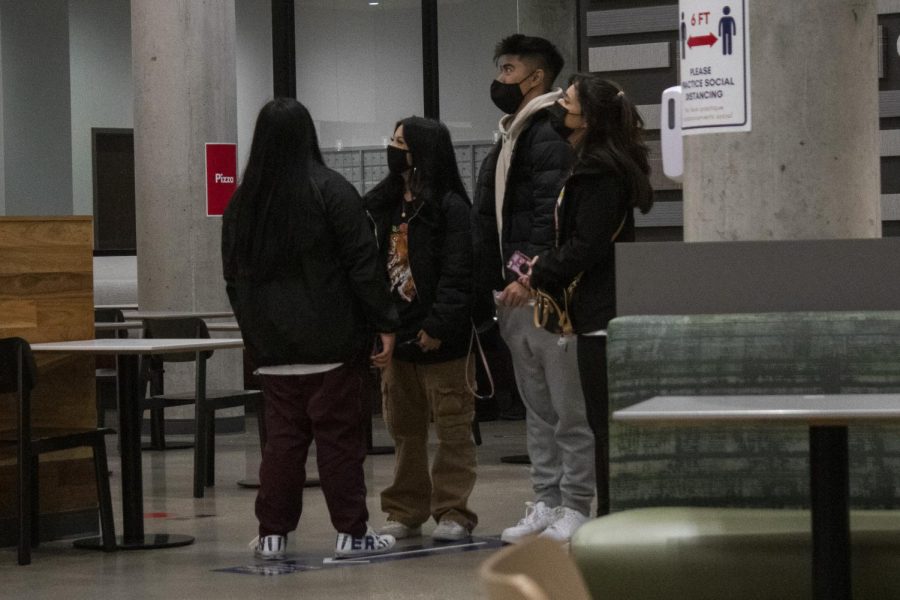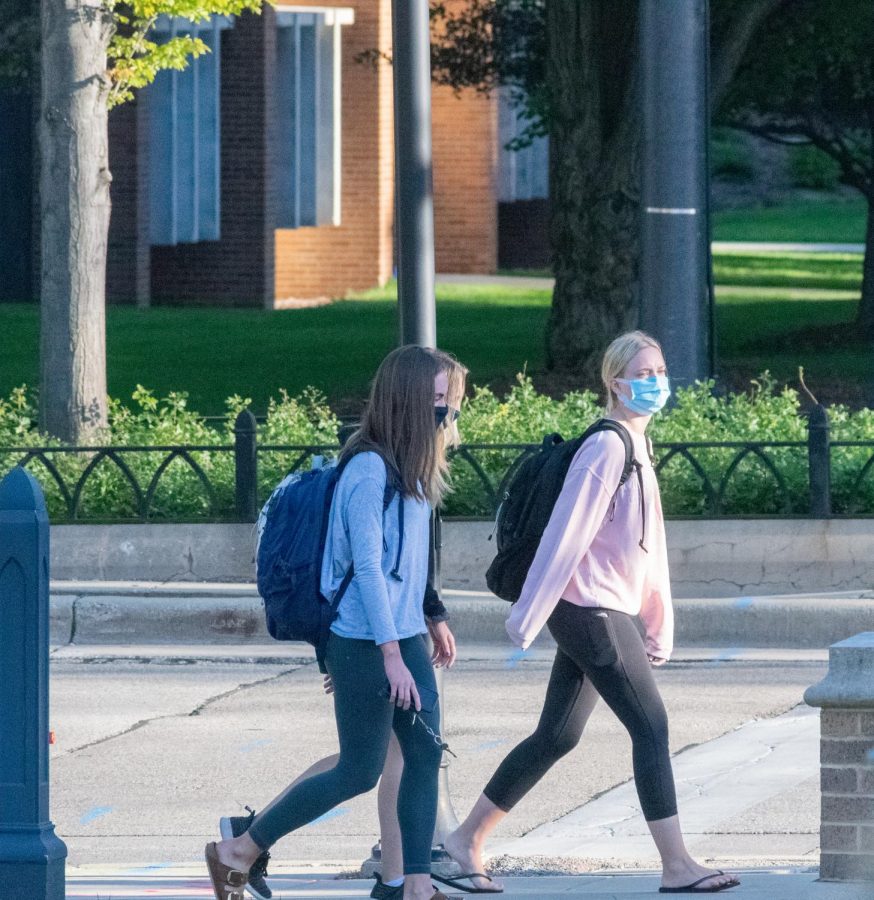Absence policies are important to help ensure that students are in class and professors aren’t using their time to prepare lectures for empty classrooms. At a certain point, it makes sense for a student to be withdrawn from a course if it is obvious they aren’t engaged, but being sick or dealing with mental health issues shouldn’t be reasons for an instructor to drop a student from a course.
Flu outbreaks begin to increase in October and November, according to the Centers for Disease Control and Prevention, making an absence policy absolutely essential this time of year. The 2017-’18 flu season was considered a high severity flu season.
Currently, faculty at Marquette University are not required to take attendance on a daily basis. Professors may decide whether to include consequences for excessive absences in their courses. But the optional policy may lead to unfair transcript discrepancies for students who deal with long-term illnesses — both mental and physical.
Marquette should alter its absence policy so that it is more accommodating and looks at scenarios on a case-by-case basis.
Professors may withdraw students under certain circumstances in classes where they take attendance. For example, in a typical 16-week course when the number of missed class hours is more than two times the course credits, the student may be withdrawn, according to the Academic Regulations Bulletin. This translates to more than six absences in a three-credit course, more than eight in a four-credit course and more than 10 in a five-credit course.
In classes where professors do not take attendance, students may be withdrawn from the course if the professor feels the student has abandoned the class or has excessive absences displayed by missing work.
Most college students are at least 18 years old or will turn 18 shortly after the start of their freshman year. Deciding not to go to class is each individual’s decision as an adult and a student. It seems rather paternalistic and over-reaching for the university to have an absence policy for adults.
Because of the absence policy, students may decide to go to class even when they are sick to avoid being withdrawn from their courses. Not only does that lead to the individual getting sicker, but he or she can infect other students in the process.
Mental health issues also come into conflict with the absence policy. According to the National Alliance on Mental Illness, 75 percent of mental health conditions begin before the age of 24. This means college students are at a prime age to develop mental illness, discover they have one or struggle with issues that come along with it.
For students struggling with mental illness, it is important for them to be able to focus their energies on different healing mechanisms. Students’ mental health may worsen as a result of worry about taking too many personal days and sick days leading to a course withdrawal.
In contrast to Marquette, DePaul University takes into account the multiple aspects of students’ lives. Students can submit absence notifications to the Dean of Students Office for medical issues, mental health issues and personal crises. The Dean of Students Office notifies the professor and it is up to him or her to decide what accommodations to make. Although this process doesn’t automatically guarantee an excused absence for students, there is more leeway in the reasons students take absences.
A new absence policy will not only give students more freedom in their decision making, but more importantly, help secure the health and wellness of students. The university should be concerned about the person as a whole — not just academics.







